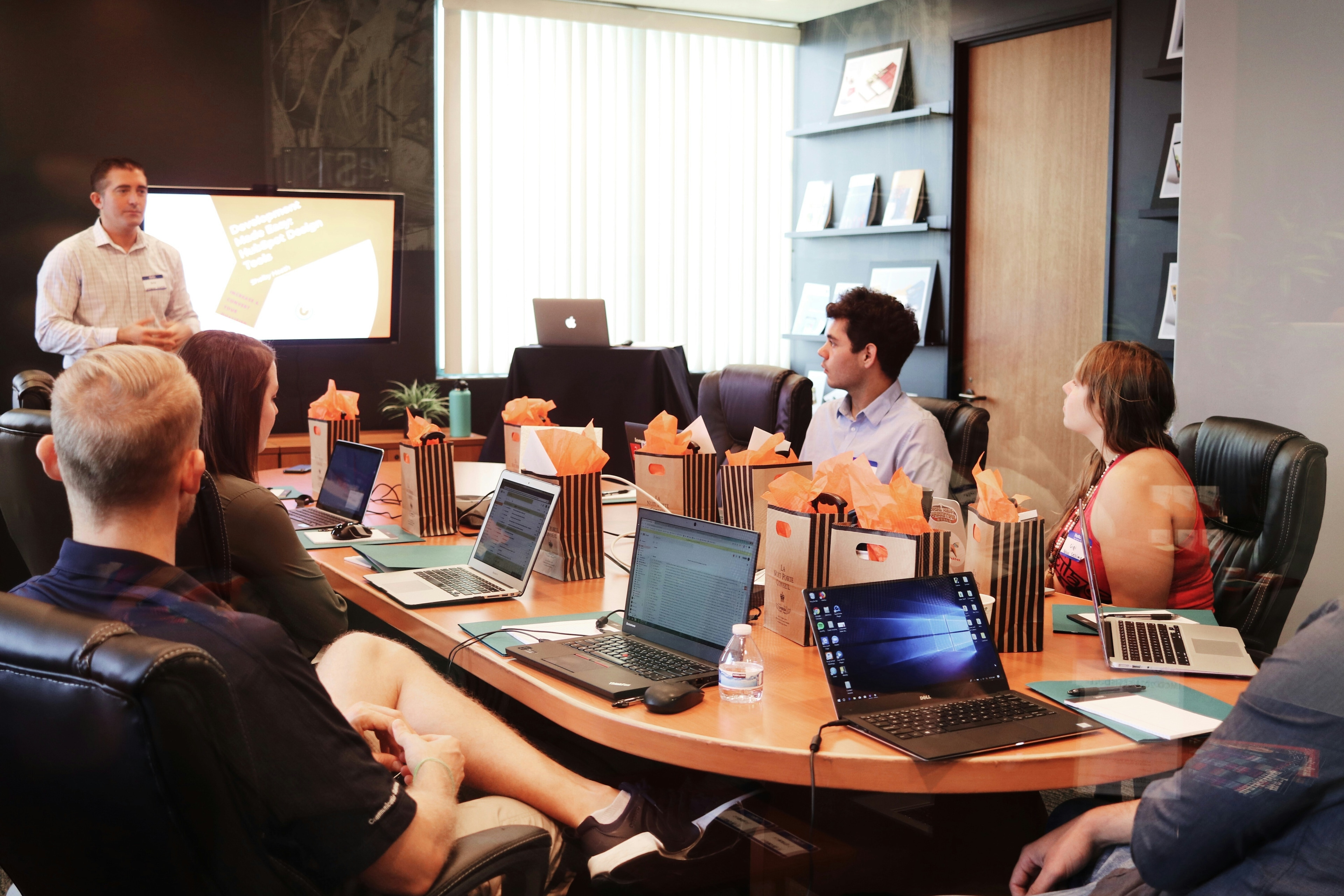Creating jobs in the Global South starts by answering three questions

Successful job creation in the Global South hinges on defining clear goals.
Image: Hardik Monga/Unsplash
Stay up to date:
Africa
- Creating jobs in the Global South starts by choosing a goal: creating more jobs, improving existing ones, or making jobs more inclusive.
- Employment initiatives must either focus on creating jobs in sectors with immediate demand or preparing the workforce for emerging sectors.
- Understanding whether an initiative aims to create wage-employment opportunities within existing businesses or to encourage self-employment through entrepreneurship is vital.
Addis Ashagrie has always worked hard but hasn’t always had work. As a young man on the north side of Ethiopia’s capital city, he found occasional jobs as an electrician or metal worker. However, stable employment eluded him, making it difficult to plan for his future.
That is the reality for many around the world, particularly young people in the Global South. As the World Economic Forum Future of Jobs Report states, “Nearly 2 billion workers globally are in informal employment, representing close to 70% of workers in developing and low-income countries.” With millions of young people entering the workforce each year, creating better employment opportunities is urgently needed.
There is growing interest in how the private sector, government and civil society can work together to support high-quality employment and job creation in the Global South. These initiatives have had mixed results, however. In my experience, what often sets successful efforts apart is a clear understanding of the situation, the specific challenge an initiative hopes to resolve and how.
Inspired by a recent presentation created for the Swiss Agency for Development Cooperation, I believe that every initiative must answer three critical questions at the outset to be effective. None of these questions have universally correct answers but answering them enables partners to design effective partnerships and initiatives.
More, better or more inclusive job creation in the Global South?
First, partners must know if they are working to create new job opportunities, improve them or make those jobs more accessible to traditionally excluded groups. It may seem obvious but each goal requires a different approach.
For example, in contexts where more jobs are needed, TechnoServe has modified its business acceleration toolkit to select businesses whose growth would require additional hiring and supports entrepreneurs in creating growth plans that will create new jobs.
However, in some cases, we must focus on making already existing job opportunities more inclusive. For example, according to the latest Forum Global Gender Gap Insight Report, labour force participation for men in India is twice as high as that of women.
Gaps like these are driven by a combination of educational disparities, family and societal norms and hiring biases. There are also socio-economic disparities in the job market: just a quarter of graduates from third-tier universities serving low-income communities receive a job offer in the formal sector.
The Campus to Corporate Careers programme worked to address both gaps by building graduates’ soft skills, creating linkages with banks, insurance companies and other corporations that needed entry-level workers, and addressing family dynamics that prevented young women from entering the formal workforce.
As a result, the programme placed nearly 15,000 graduates from low-income backgrounds – more than half of them young women – in corporate roles.
Creating jobs for today or the future?
Partners must also be clear about whether they are working to boost jobs in a sector where there is a current opportunity or focusing on an industry where they hope for future growth. Emerging sectors can offer exciting opportunities: for example, the Organization for Economic Cooperation and Development has led research about AI’s potential to reshape workplaces and some of the changes its adoption is driving today. We certainly need to prepare the workforce for the future.
But we shouldn’t let ourselves lose sight of the fact that most job creation today – especially in the Global South – happens in traditional sectors such as agribusiness, services and manufacturing, with food systems alone supporting the livelihoods of 4.5 billion people. Moreover, unemployed people in low-income settings cannot wait for the job-market transition to arrive: they need to put food on the table today.
Strengthening the micro, small and medium-sized businesses in these traditional sectors remains one of the most important tools to tackle unemployment today.
Accept our marketing cookies to access this content.
These cookies are currently disabled in your browser.
Is the priority wage-employment or self-employment?
Partners must also understand the kind of employment they aim to create based on the economy’s potential and the opportunities for which different workforce segments can be prepared. We must ask if the initiative is designed to help hire people to work within a small, medium or large business or launch their own micro-enterprises.
Once again, understanding the specific market and the opportunities for job creation in the Global South is critical. When the LIWAY programme sought to create employment in Ethiopia’s recycling sector, the programme team found a gap in the value chain. No businesses were linking street-level waste collectors with large recycling businesses. The opportunity for job creation lay in helping entrepreneurs start micro-enterprises that would fill that gap.
Ashagrie was one of them. Ashagrie was connected with other entrepreneurs and given space and training to start a micro-enterprise. The entrepreneurs began aggregating and selling waste paper and plastic and built their small recycling machinery to turn plastic bags into pellets, plates and other products.
The business has given Ashagrie a steady income for the first time in his life, which has given him the confidence to get married and start a family. “I’ve established my life permanently,” he says.
Globally, hundreds of millions like Ashagrie have a work ethic and drive to succeed but need the opportunity. By being clear and focused on what we are trying to accomplish in job creation in the Global South, we can design effective partnerships and initiatives that help to create those opportunities.
Don't miss any update on this topic
Create a free account and access your personalized content collection with our latest publications and analyses.
License and Republishing
World Economic Forum articles may be republished in accordance with the Creative Commons Attribution-NonCommercial-NoDerivatives 4.0 International Public License, and in accordance with our Terms of Use.
The views expressed in this article are those of the author alone and not the World Economic Forum.
Related topics:
Forum Stories newsletter
Bringing you weekly curated insights and analysis on the global issues that matter.
More on Jobs and the Future of WorkSee all
Maha Hosain Aziz
August 20, 2025
Laurel Taylor
August 18, 2025
Antara Choudhury and Vivin Rajasekharan Nair
August 14, 2025
Atul Kumar
August 12, 2025
Shuvasish Sharma
August 6, 2025
Samuel Alemayehu
August 5, 2025





